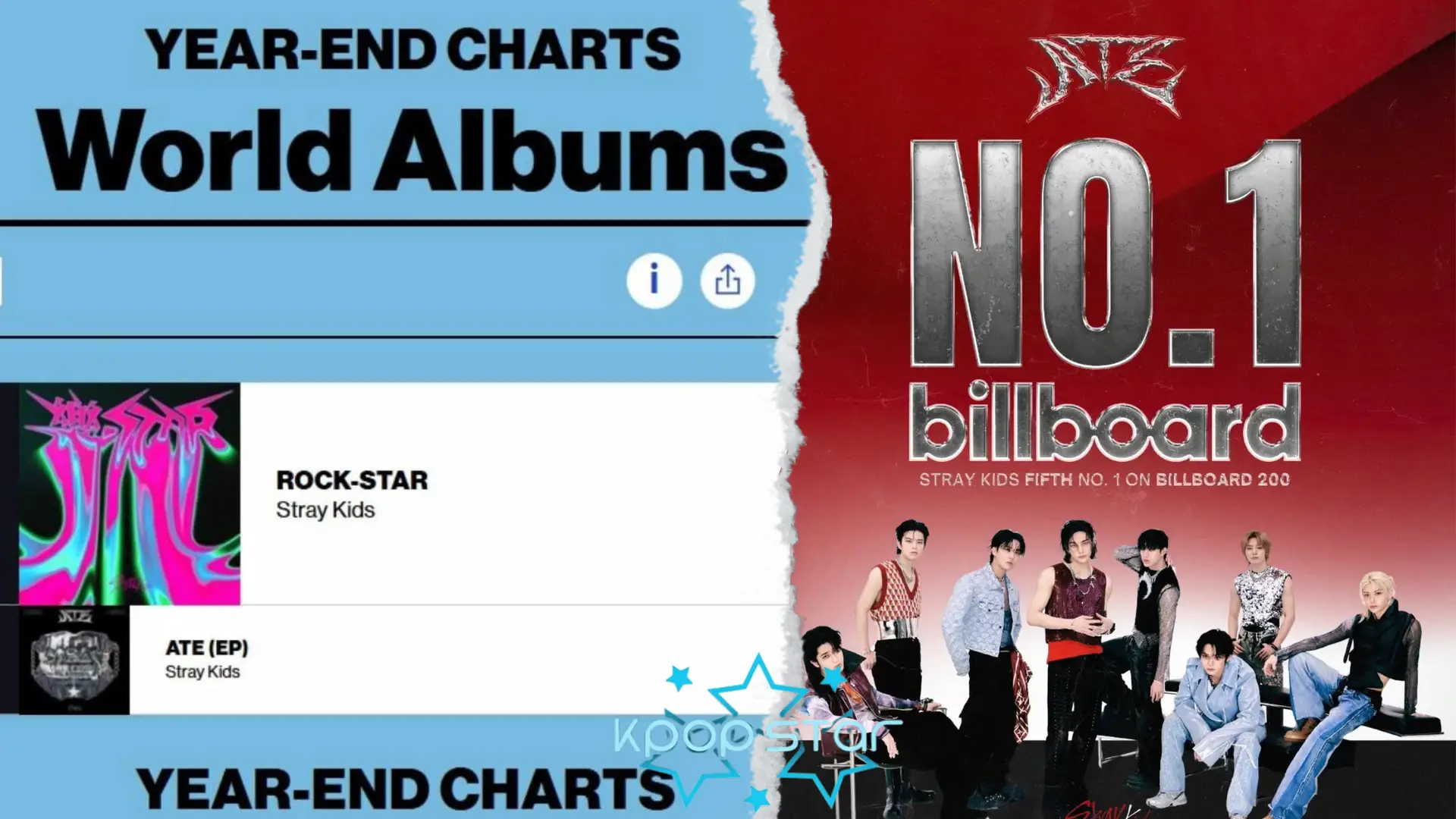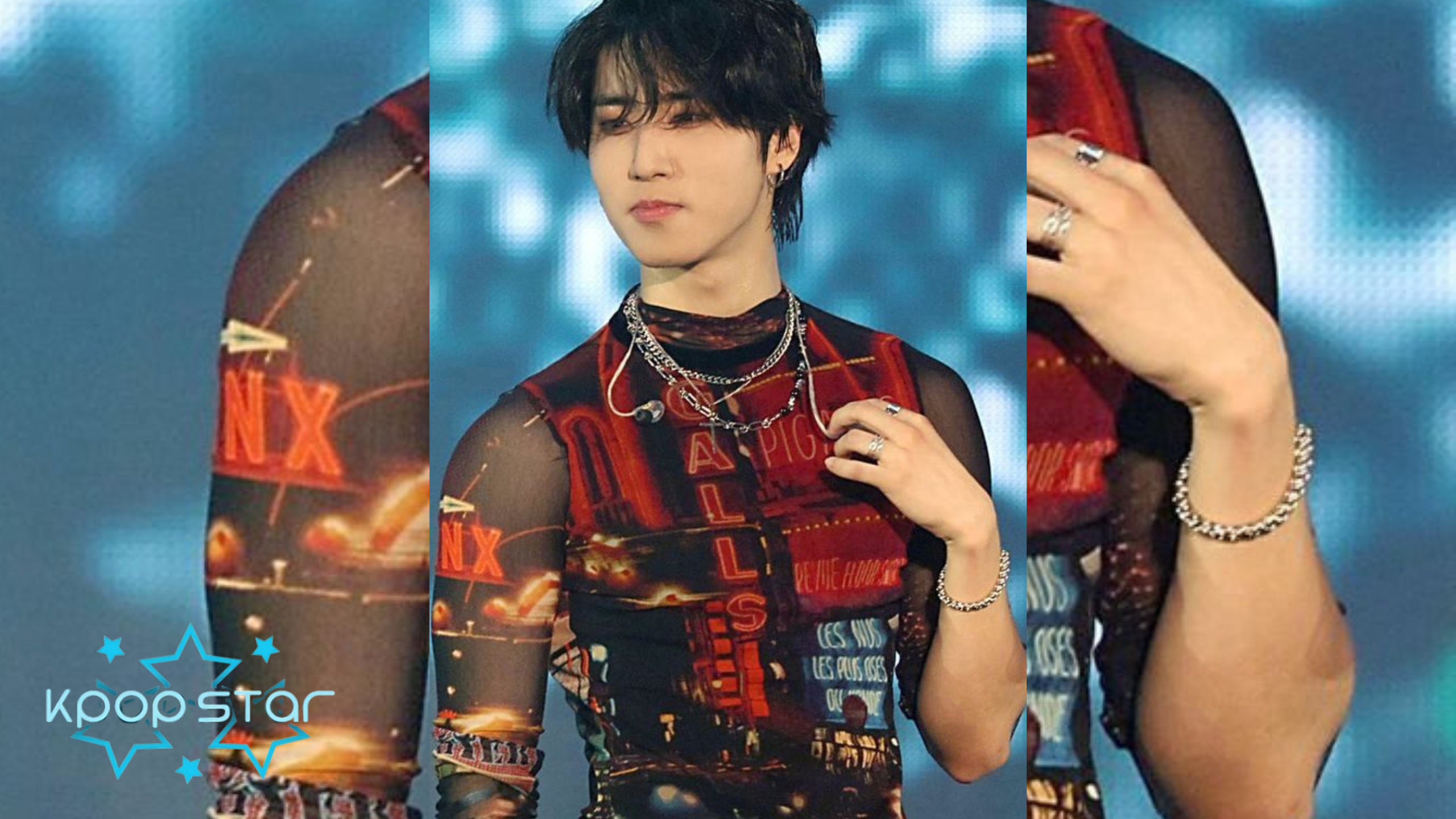The Meaning of the Song and Story Behind “I Hate to Admit” by Bang Chan (Stray Kids) from the SKZ-Replay Album
Table of contents
- “I Hate to Admit” Bang Chan Introduction: Why is Interesting to Discuss
- Story Behind the Song: The Touching Process of Creation and Inspiration
- Lyric Meaning “I Hate to Admit” Bang Chan
- The meaning of the song “I Hate to Admit” Bang Chan
- Conclusion
1. “I Hate to Admit” Bang Chan Introduction: Why is Interesting to Discuss
Lagu “I Hate to Admit’” from Bang Chan, leader of Stray Kids, is one of the most emotional tracks on the album SKZ-Replay. As part of the Stray Kids’ member’s solo project, this song not only displays Bang Chan’s rap side, but also a rarely seen emotional depth.
The song “I Hate to Confess” is a work that touches on universal themes of longing, regret, and the difficulty of forgetting someone who once betrayed trust. The lyrics describe the inner struggle of someone who is caught between the desire to forget and the fact that feelings of love still remain.
2. Story Behind the Song: The Touching Process of Creation and Inspiration
This song was inspired by Bang Chan’s personal experience in dealing with internal conflict. The production process begins with a simple minor piano melody, then develops with a dramatic string arrangement. Bang Chan worked closely with the 3RACHA team (Stray Kids’ production unit) to balance the emotional nuances without losing the identity of the music. He also chose to use melodic rap nuanced vocals, different from the aggressive style he usually displays.
3. Lyrical Meaning “I Hate to Admit” Bang Chan
Here is the explanation and meaning of the piece of lyrics you requested:
“I hate to admit, Still missing you”
- This line expresses a conflict within the singer. He feels frustrated because he has to admit that he still has feelings of longing for someone. The word “hate” suggests that the singer doesn’t actually want to experience these feelings of longing, perhaps because the relationship has ended in a painful way. This illustrates the conflict between logic (which says to forget) and emotion (which still misses).
“How can I forget, I promise”
- Here, the singer may have promised herself to forget the person, but found that the promise was difficult to keep. The question “How can I forget” indicates difficulty in the process of letting go and forgetting someone who once mattered in her life. It could also indicate the singer’s confusion over the strength of her own feelings.
“I hate to admit it, It’s hard to understand”
- The repetition of “hate to admit it” emphasizes deep frustration. “It’s hard to understand” indicates the singer’s confusion over his own feelings-he can’t understand why he still has feelings for the person he should have left behind.
“How can I forget, The day you lied to me”
- This last line reveals the reason behind the emotional conflict-betrayal in the form of a lie. The singer is constantly reminded of the moment of betrayal, which was a turning point in their relationship. The irony is that while the betrayal should make it easier to forget, it is the memory of the pain that is hard to forget.
Overall, this piece of lyrics illustrates the complexity of human feelings when facing betrayal. Although logic says to forget and move on, the feelings of longing and memories of betrayal moments still haunt. The lyrics honestly depict the emotional ambivalence of someone caught between the desire to let go and the inability to completely forget.
“Don’t go anywhere, stay by my side”
- This line expresses a deep plea or hope from the singer to the person she misses. There is a sense of desperation in this request, showing the fear of loss and the desire to maintain the person’s presence in her life.
“Even if I say it, it’s too late”
- Here there is an admission of regret and the realization that a few words or actions cannot change the situation that has occurred. The singer realizes that it may be too late to repair the relationship or express her true feelings.
“I draw you even in my dreams”
- This line describes how deeply influential the person is in the singer’s mind, to the point of being present in her dreams. It shows an obsession or an inability to let go of the memories of that person even in the subconscious.
“What had changed before I realized it”
- There is a sense of reflection and confusion here. The singer is trying to make sense of changes in their relationship that happened without her realizing it. This could describe the late realization that something precious has changed or been lost.
“I don’t know if I can go back”
- This line expresses doubt about the singer’s ability to return to the previous state of the relationship or perhaps return to an old version of herself. There is a sense of realization that some changes are permanent.
“Tell me what you did?”
- This is a confrontational question that demands an explanation or accountability. The singer wants the person to acknowledge their actions, perhaps relating to the betrayal mentioned in the previous part of the lyrics.
“When I saw it, it was already wrong”
- This line shows the singer’s moment of realization that something is not right in their relationship. “Seeing it” may refer to evidence of betrayal or the moment when a lie is revealed.
“It was you who made her fall”
- There is a direct accusation here, blaming the person for the breakdown of their relationship. “Made her fall” could refer to the breakdown of a relationship or trust that has been built.
Overall, this piece of lyrics displays the complexity of emotions in a broken relationship-there is the plea to stay together, the realization of regret, the continued obsession, the confusion over change, the doubts about the future, the desire for confrontation, the moment of realization, and finally the placement of blame. The lyrics depict the emotional journey of someone still processing betrayal while grappling with lingering feelings of love.
4. The meaning of the song “I Hate to Admit” Bang Chan
The lyrics of this song explore several emotional dimensions:
Internal Conflict
The singer experiences conflict within herself – hating the fact that she still misses someone who has lied to her. The repeated phrase “I hate to admit it” shows helplessness in the face of her own feelings.
Betrayal and Broken Trust
The line “The day you lied to me” is a turning point in this relationship. Despite being betrayed, the singer has a hard time breaking away from the emotional bond.
Deep Longing
The singer reveals that even in dreams, the person is still present (“I draw you even in my dreams”).
Ambivalence
There is a moment of contemplation about giving up (“I want to give up”) but followed by an admission of inability to do so (“I can’t give up on you”).
Enduring Hope
Despite the hurt, there is still a willingness to wait (“I’ll wait a little longer”), showing the resilience of a love that is not easily extinguished.
Obsession
The line “All night long, I can’t stop thinking about you” describes how memories and feelings towards the person continue to haunt the singer’s mind.
5. Conclusion
The song “I Hate to Confess” depicts the complexity of human feelings when facing betrayal from a loved one. The lyrics show how love can endure even after trust has been broken, creating an emotional dilemma that is difficult to resolve.
The song resonates the universal experience of the difficulty of letting go of someone even though the relationship has hurt. Its main message is perhaps about being honest with oneself in the face of complicated and contradictory feelings.
Interestingly, the lyrics also show the emotional journey from denial, to acceptance, to coming back to the fact that some emotional ties are hard to break completely, illustrating the endless cycle of longing.



